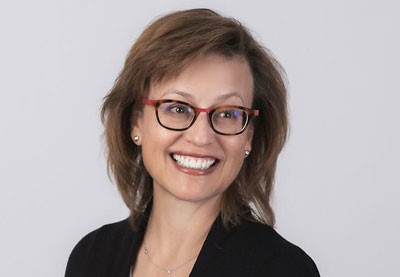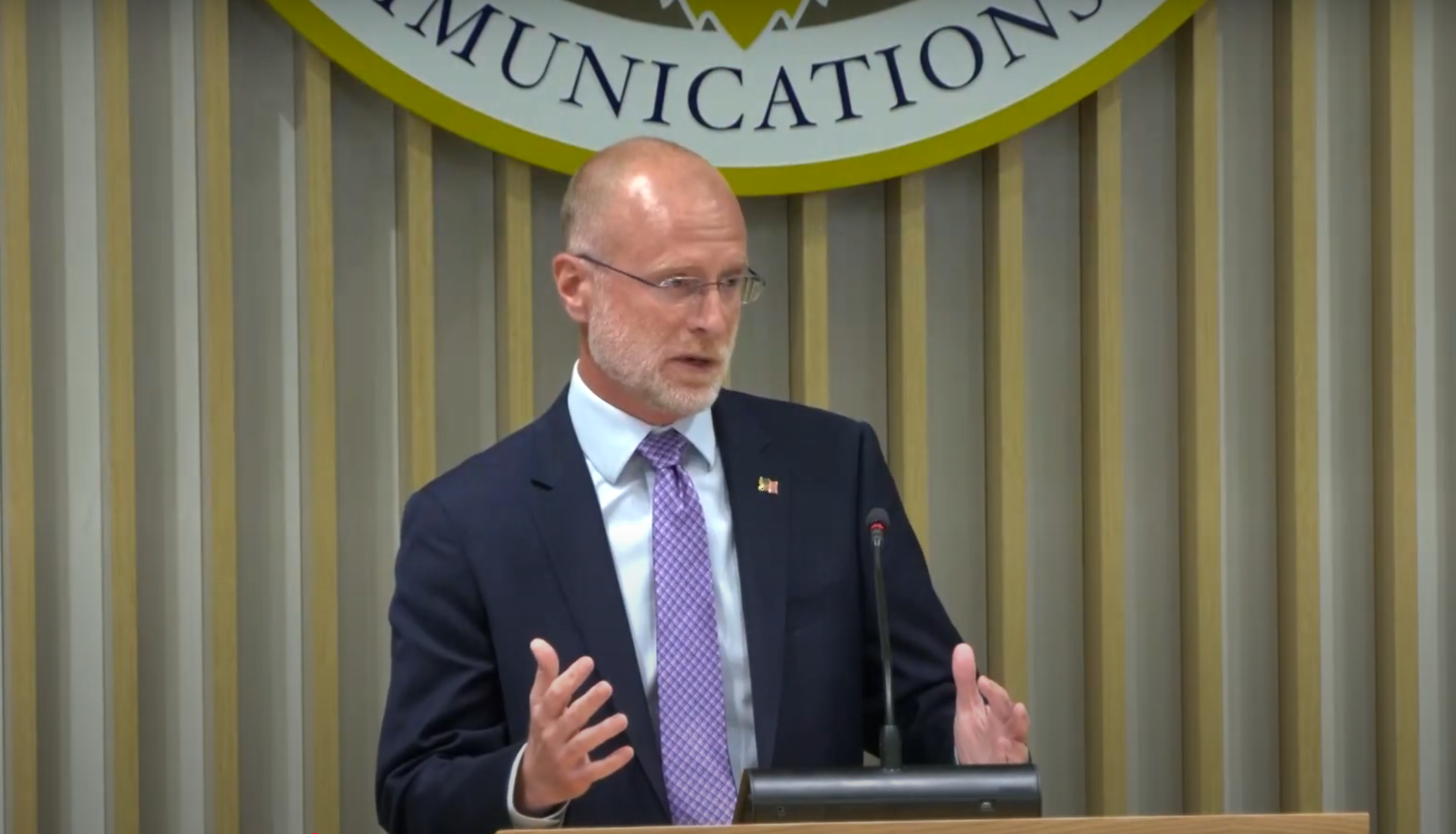NAB Pushes for New Regs on vMVPDs in FCC Visit
NAB’s Curtis LeGeyt and Rick Kaplan pushed for reclassification of YouTube TV, others as pay TV operators in meeting with Commissioner Anna Gomez and staff

WASHINGTON—The National Association of Broadcasters continued its push to get the FCC to regulate vMVPDs like YouTube TV as traditional pay TV operators during in a recent visit with commissioner Anna Gomez, her chief of staff, Deena Shetler and her policy advisor, Harsha Mudaliar.
The issue is important to station groups, which believe they can increase their retransmission consent revenue if they are able to negotiate directly with YouTube TV, Fubo, Hulu and other vMVPDs.
Currently, station groups handle retrans negotiations with traditional multichannel video programming distributors (MVPDs) like Charter Communications and Comcast. But broadcast networks and major programmers like The Walt Disney Co. and Paramount Global handle retrans deals with virtual MVPDs because the streaming services are not classified as traditional pay TV operators (or MVPDs) under FCC rules.
Some members of Congress have supported the change, but FCC chairwoman Jessica Rosenworcel has argued the agency may not have the power to change those rules without Congressional action.
The discussion has also divided the broadcast industry between station owners, who want the vMVPDs reclassified, and broadcast networks owned by major media companies, which want to continue to handle deals with online providers as part of much larger distribution pacts.
The meeting with Gomez and her staff was attended by Curtis LeGeyt, NAB president and CEO, and Rick Kaplan, its chief legal officer and executive vice president.
During the conversation, the NAB emphasized the critical need for the FCC to study how streaming has affected local broadcasting. “It is impossible to understand the demands local stations face without coming to grips with the sea change wrought by streaming,” Kaplan said in a letter to the FCC following the Oct. 3 meeting. “The Commission’s rules were designed for a different world, and if the agency is truly committed to ensuring local service to communities across the nation, then it must examine the interplay between local broadcasting, the dramatic rise of streaming and the unregulated Big Tech behemoths that have shattered the economics underpinning local journalism.”
The professional video industry's #1 source for news, trends and product and tech information. Sign up below.
The NAB representaties at the meeting also expressed their surprise that the commission has not demonstrated greater curiosity about the impact of streaming, Kaplan added.
“While broadcasters have filed comments in docket after docket on issues such as foreign government sponsorship identification, cyber security plans, disaster reporting, proposed rules on generative AI disclosures in political ads, public reporting of station-by-station workforce demographics, retransmission consent impasse reporting, and more, we are left waiting for the Commission to address the one issue that is so forcefully impacting the ability of broadcasters to serve their local communities,” Kaplan wrote. “How is it that the Commission has not examined this issue in earnest since 2014, when it first proposed, for example, to modernize the definition of multichannel video programming distributor (MVPD) to include virtual MVPDs? Why, with all of the obvious shifts in the marketplace, has the Commission refrained from considering how these changes are impacting service to local communities?”
The NAB letter also noted that “many Members of Congress agree that this is exactly what the Commission should be examining” and said the FCC should be exploring the issue even if it is unsure of its authority to change the rules. “Why not still inquire about the marketplace even to report its findings to Congress?” Kaplan’s letter asked.
“As we explained, NAB is ready to work with the Commission to help it gain a better understanding of the current marketplace,” Kaplan wrote. “That will require the FCC to seek additional comment from parties in light of the intervening decade since it last sought public input on the issue of virtual MVPDs. The Commission should not fear information and differing viewpoints; rather, it should welcome them.”
The full letter is available here.
In response to the NAB's comments, a spokesperson for the Preserve Viewer Choice Coalition, which is backed by vMVPDs and such major programmers as Disney, Fox and Paramount, said: "Despite assertions by some to the contrary, the FCC has consistently reinforced their lack of authority to upend the streaming marketplace in the way that the big affiliate groups seek – a fact that bipartisan members of Congress have echoed. The reality is, local news is widely available on streaming, providing consumers with a variety of ways to watch. Further, polling shows that few Americans support more streaming regulations. We commend the FCC for their fact-based assessment of the streaming marketplace."
George Winslow is the senior content producer for TV Tech. He has written about the television, media and technology industries for nearly 30 years for such publications as Broadcasting & Cable, Multichannel News and TV Tech. Over the years, he has edited a number of magazines, including Multichannel News International and World Screen, and moderated panels at such major industry events as NAB and MIP TV. He has published two books and dozens of encyclopedia articles on such subjects as the media, New York City history and economics.

